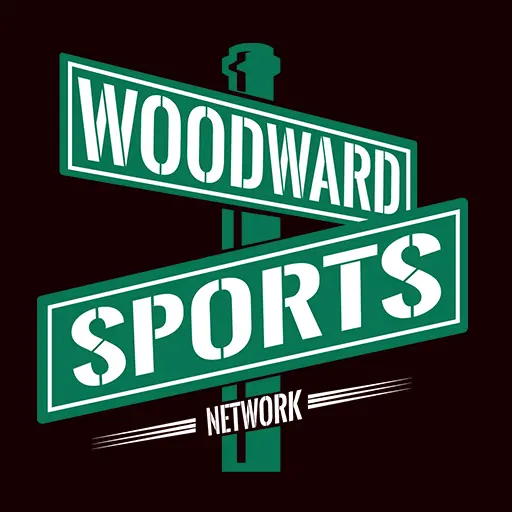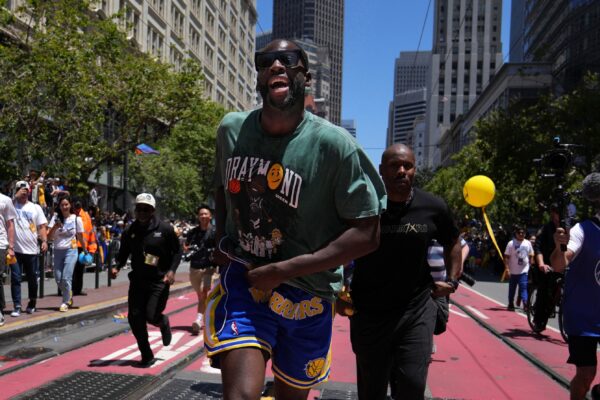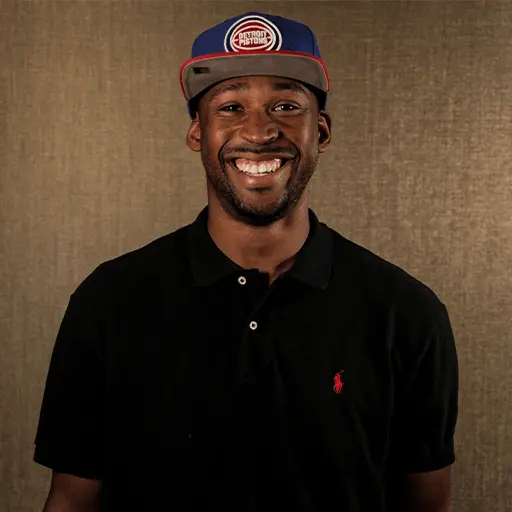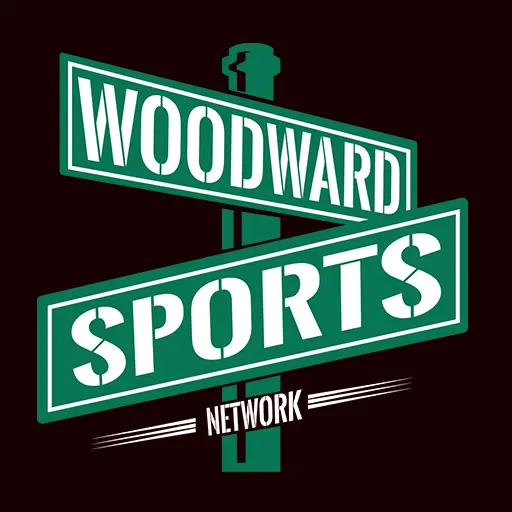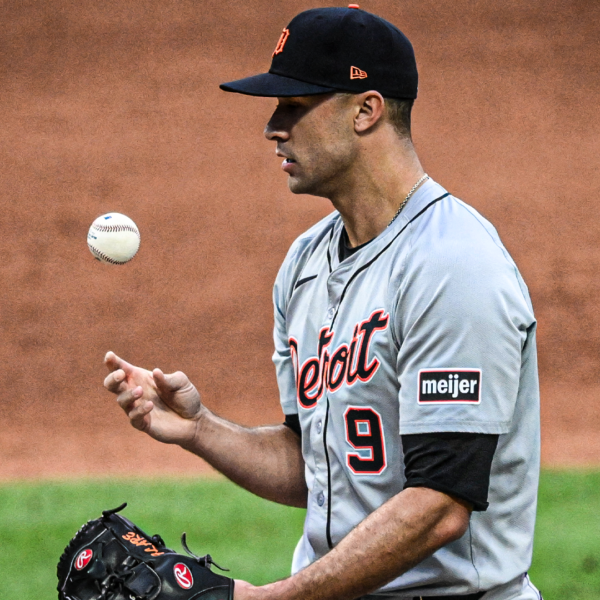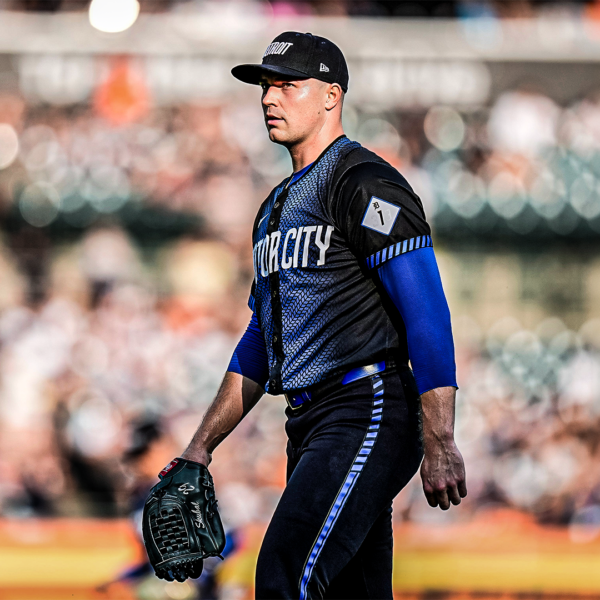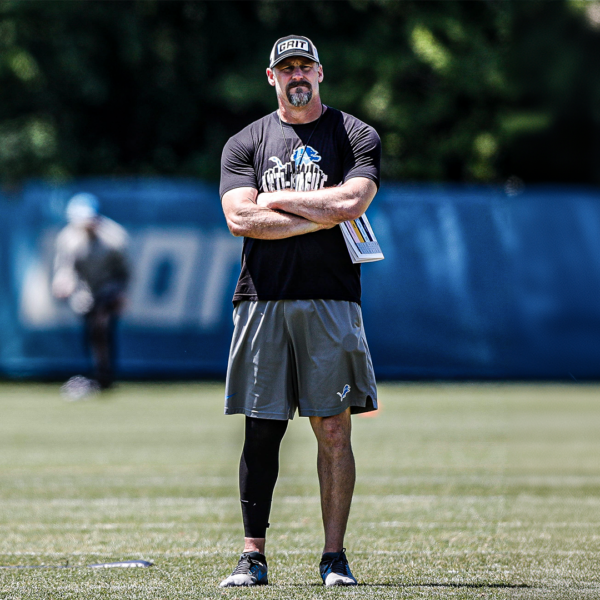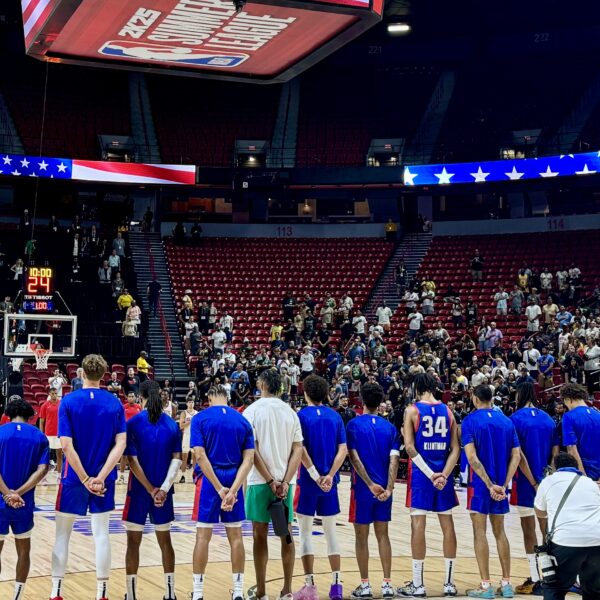Before you finish the rest of this piece, there’s one thing you need to know from the jump. And that is that Draymond Green is 100% correct. In this battle of “new media vs. real media”, as Green calls it, he’s on the right side of the argument.
In this context, “new media” is essentially professional athletes that are transitioning into sports media. He used athletes such as himself, JJ Reddick, C.J. McCollum, and several others as examples.
The term, “new media”, is very nuanced and layered. I don’t believe there’s a real way to define it. However, it essentially boils down to athletes (new media) correcting the narrative that “real media” (analysts and journalists) publish or publicly state about them.
In the latest episode of his self-titled podcast, Green aired out his grievances with several national sports analysts of the “real media”. He criticized the format of their shows. In his own way, he addressed how their daily “hot takes” are problematic for sports journalism. Specifically, he took issue with “hot takes” replacing actual analysis of games and players. Green also addressed the lack of objectivity and biased coverage from some journalists.
Draymond Green was poignant in that 40 minute-plus episode. I was thoroughly entertained. At the same time, though, I had a problem with Green’s words.
My problems weren’t with what Green said. It was with how he said it. Green was raw, authentic, and harsh when “clapping back” at the “real media”.
Even though what he was truthful, one could argue it lacked tact and professionalism. Green’s delivery reminded me of something my Pastor, Welton Smith, said several weeks ago. To paraphrase him, he said “even telling the truth about something or someone, you have to add some love in there. Otherwise, it will come off as abuse.”
Green’s tongue-lashing against the “real media” came off as abuse. And because of that, the purveyors of his criticism are already rebuffing what he said. I watched one show on Monday morning featuring an individual Green mentioned in that episode.
That show spent time addressing Green’s criticism exactly how I thought they would.
There wasn’t a honest conversation on Green’s issues with journalism. Not even a little bit. Instead, they focused on smaller, insignificant points. They focused on where they were right. On top of that, the show called into question Green’s career transition. It was a few backhanded remarks.
It was more conjecture than anything.
When Green recorded his last episode, I’d bet good money that even though he knew this would happen, he probably desired a different result.
As I mentioned, Green had quite a bit to say. And even though he’d probably classify me as “real media”, I agree with him and the gist of his remarks. “New media” is on the verge of replacing “real media” because the real media is dropping the ball.
It’s true.
In the age of podcasts and social media, athletes have a bigger voice than before. Instead of speaking to reporters, they can break the news themselves. Athletes can announce their free agent moves with a simple Twitter post. They can address beef by going on Instagram Live. They can tell stories with a vlog series. It’s a new day. This generation of athletes is smarter. They’re wiser. And they know how to use the current tools to get their voice out at their disposal.
And as someone who both covers sports and is a fan, I’d lean more toward hearing what (insert athlete) has to say about a game or player vs. journalists pontificating about pointless topics. I’d rather hear Draymond Green breakdown Game 6 of the NBA Finals vs. hearing how Jayson Tatum is now kicked out of Club Superstar. I get more out of J.J. Reddick breaking down why Stephen Curry is a great shooter as opposed to a 20-minute segment, five days a week, of why he isn’t a Top-Ten great because he has a few bad games.
Now I saw this trend coming well before Green expounded on it Sunday.
Two years ago, me and former NBA player, Stephen Jackson, discussed this growing trend at NBA All-Star Weekend. I asked him what he felt led to the new uprising.
“Players never got a chance to get their story out,” said Jackson. “You only heard the media side. The players never got their side [out]. It’s a new day now. Players control the narrative.”
“So now you don’t have to worry about what the media say, you can actually hear the truth from the players.”
Jackson, who is the co-host of All The Smoke with Matt Barnes, doubled down on this after I asked him if he feels that there is a distrust between athletes and the media.
“Things change, times change. And players just creating a different lane for themselves now to speak their own mind.”
“They don’t have to sit down with somebody else on another station to speak their mind. They can create their own avenue, their own path.”
The #NewMedia vs. #RealMedia conversation stemming from @Money23Green is pretty interesting. Two years ago during #NBA All-Star weekend, I asked @DaTrillStak5 about this very topic. This clip is aging pretty well. pic.twitter.com/6DkKU8BjWW
— Kory Woods (@KoryEWoods) June 27, 2022
Just like Draymond Green was right on Sunday, Jackson was right two years ago. “New Media” is the new sheriff in town in sports journalism. It’s not going anywhere. It’s only going to grow. The “new media” is giving everyone what they want, and some of the “real media” can’t handle it because the tides are turning. And it’s time “real media” takes its head out of its own “you know what” because while traditional journalists aren’t going anywhere, they’ll begin to lose their voice if the trend of clickbait and hot takes continues.
Follow Kory Woods on Twitter at KoryEWoods.
